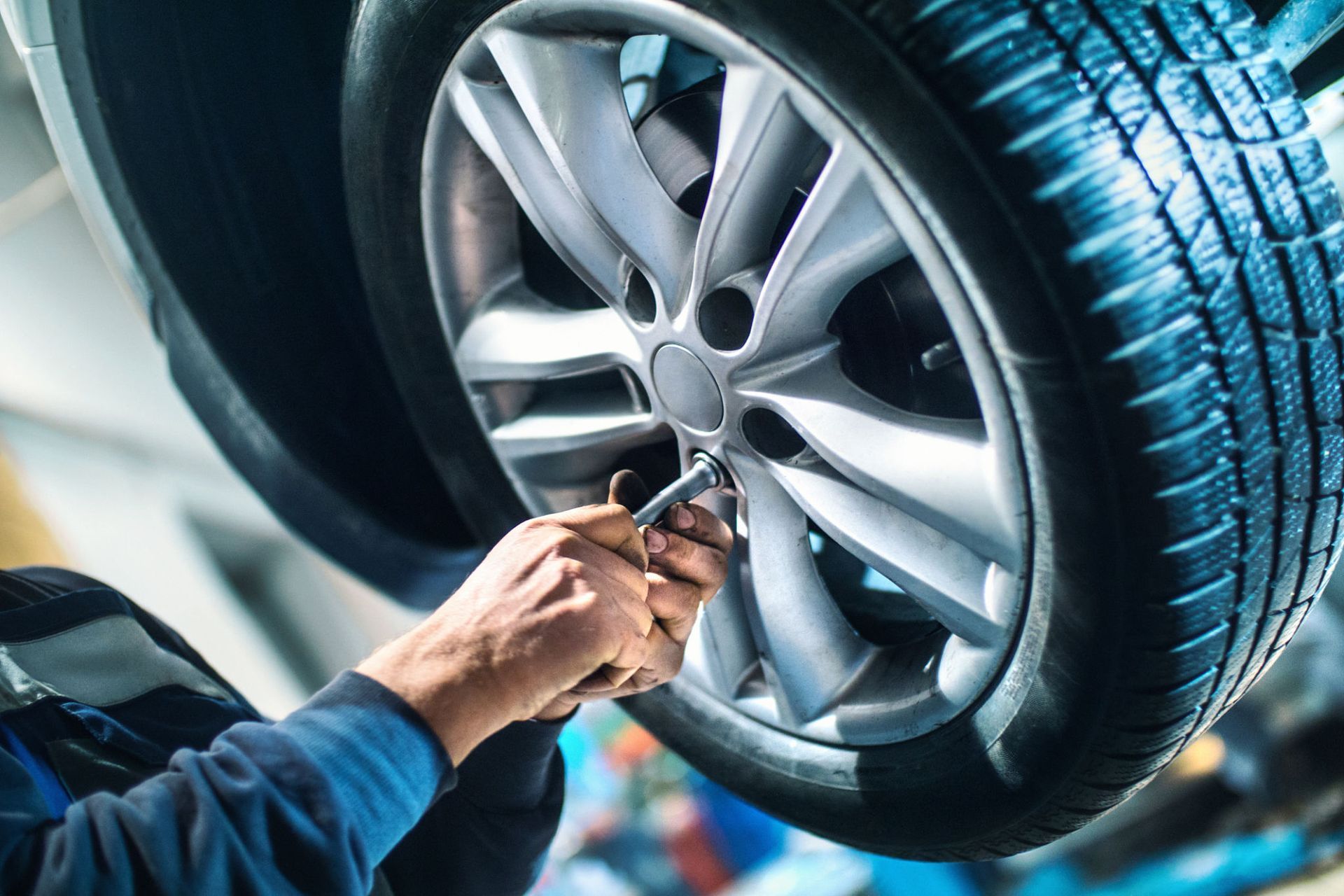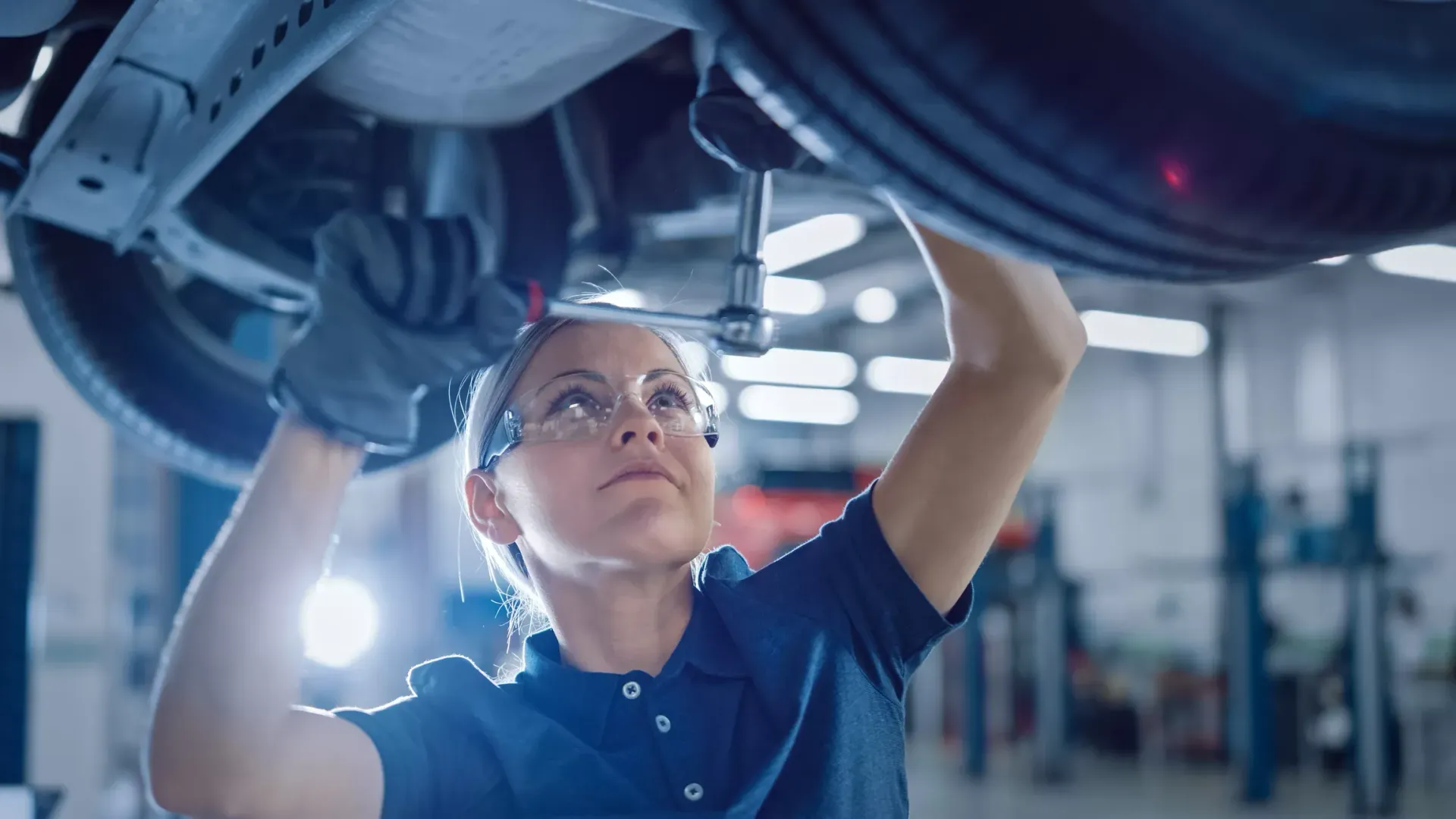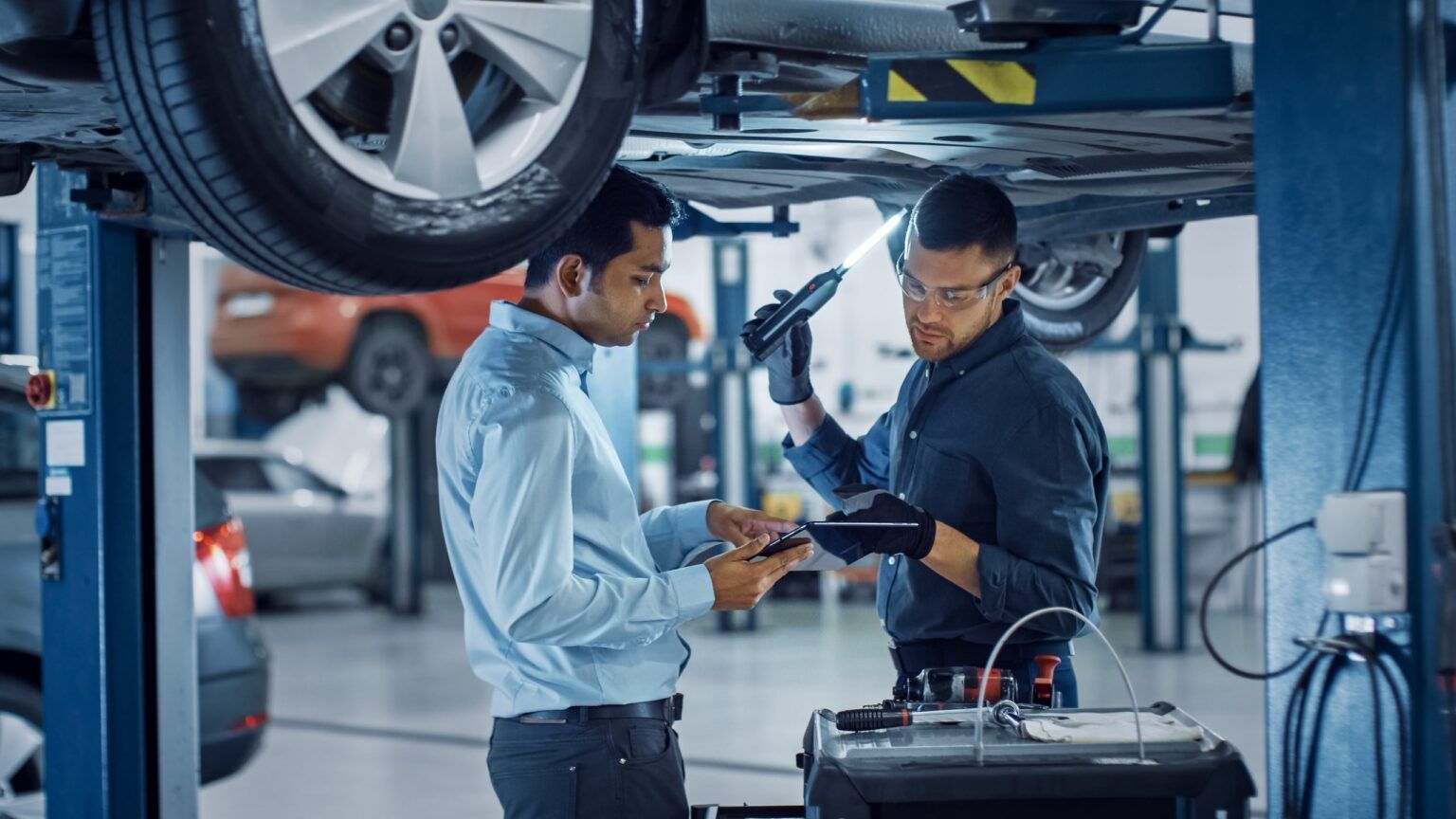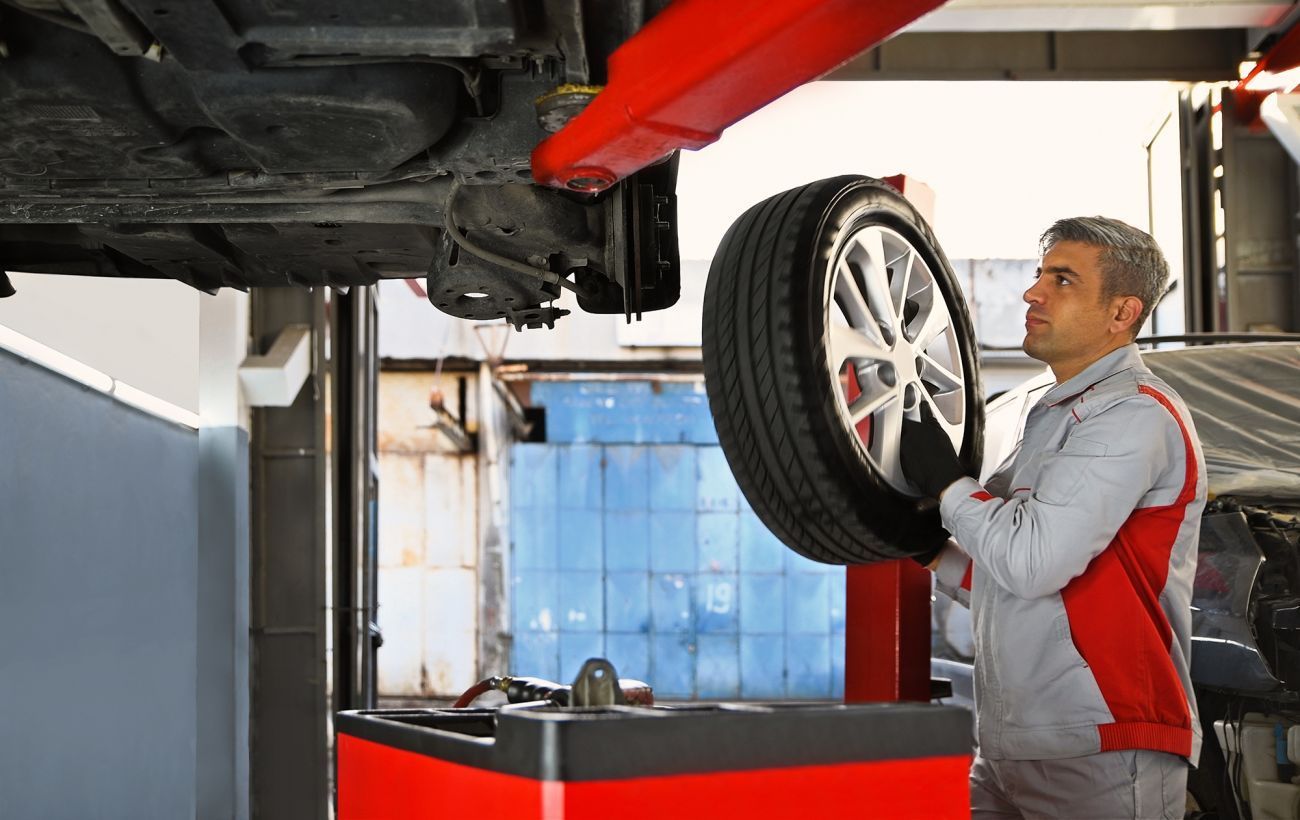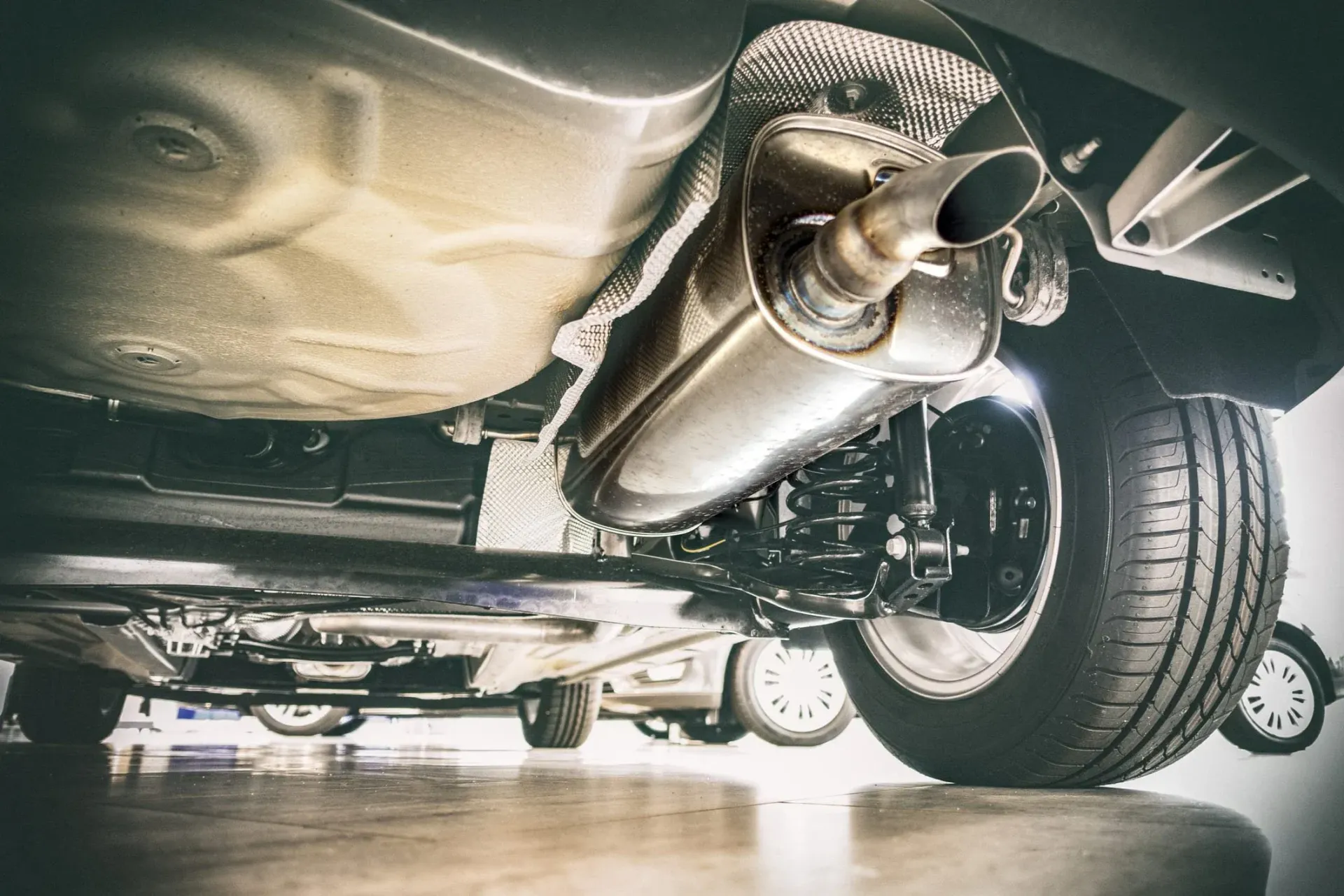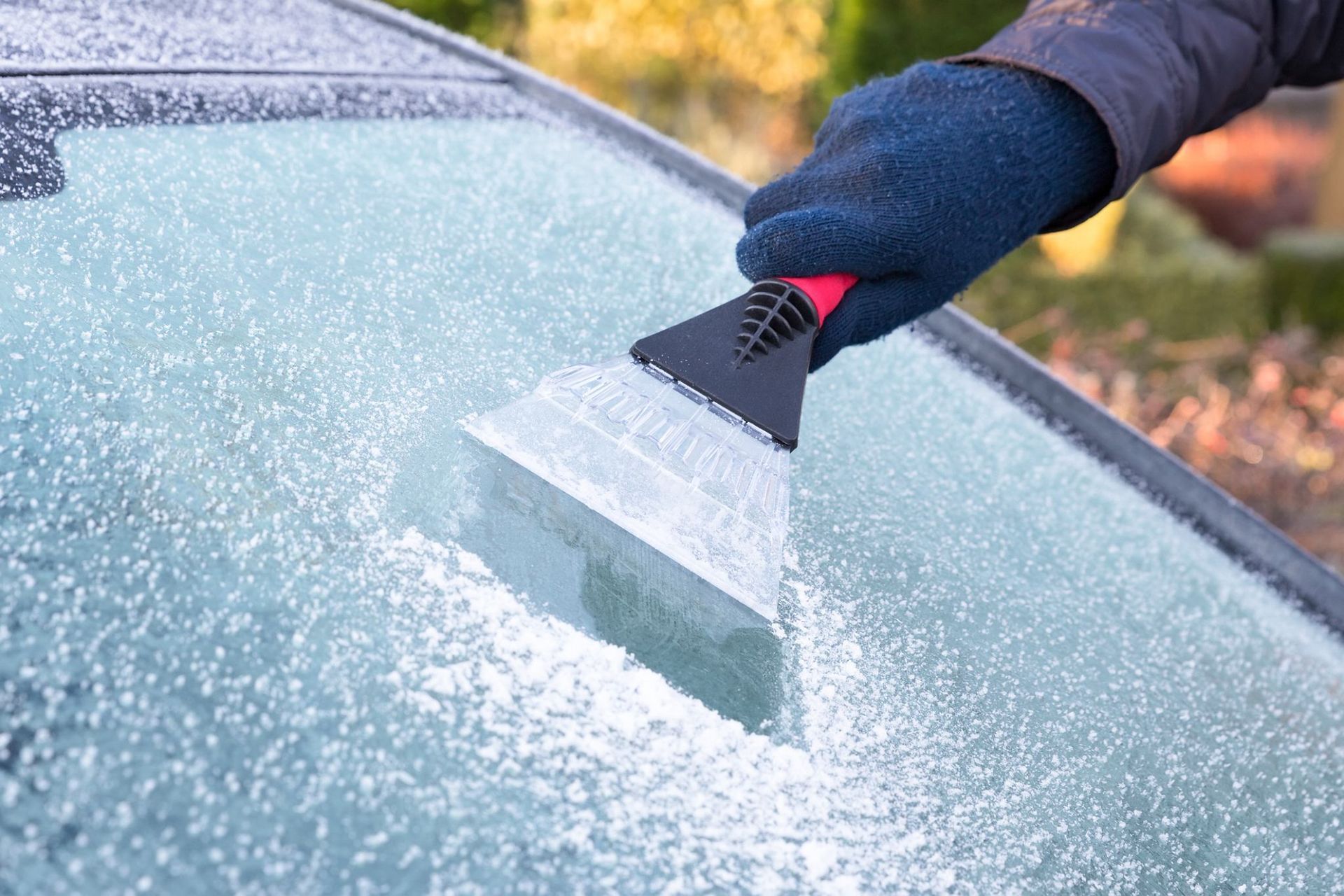A Complete Guide to Preparing Your Vehicle for an MOT Service
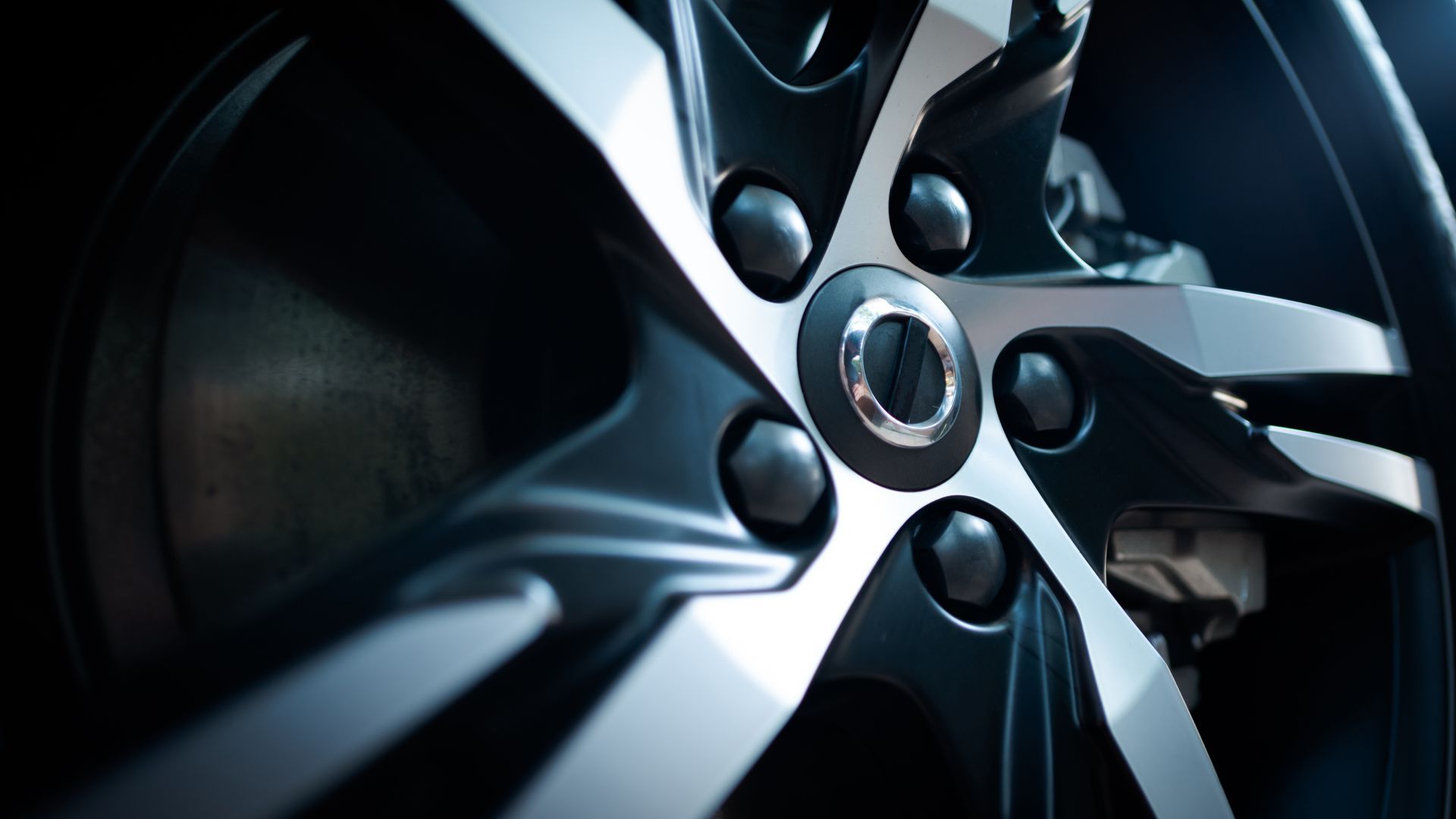
An MOT service (Ministry of Transport test) is a yearly inspection required in the UK for vehicles over three years old. Its purpose is to ensure your car is safe to drive and meets environmental standards. Failing the MOT means your vehicle is not legally roadworthy, and you can face fines - so proper preparation is key to success.
Understand What’s Tested
Before you begin any checks or repairs, it's crucial to understand what parts of your car the MOT test will cover. The test typically includes:
● Lights and signalling
● Brakes
● Tyres and wheels
● Suspension and steering
● Exhaust and emissions
● Body structure and safety
Knowing what’s inspected can help you prepare more effectively.
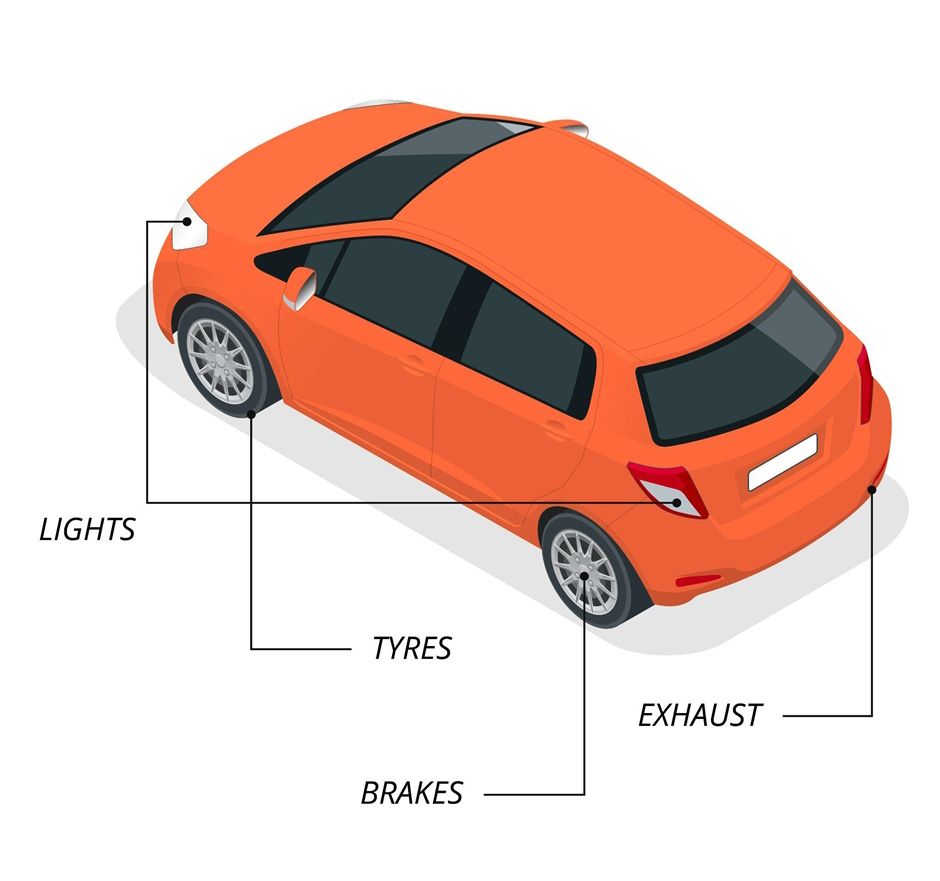
Pre-MOT Checklist: What You Can Do
Before you take your vehicle in for its MOT service, there’s a lot you can do at home to boost your chances of passing. Many MOT failures come from simple issues that can be spotted and sorted out in advance.
1. Lighting & Electricals
Lighting failures are among the most common MOT failures - ensure all external lights work and are correctly aligned. Fix any blown bulbs, cracked lenses, or misaligned beams before test day - and don’t forget to check your hazard lights and dashboard indicator signals too.
2. Tyres & Wheels
Your tyres must have at least 1.6mm of tread depth across the central three-quarters. Use the 20p test if: the border of the coin is visible when inserted, the tread is too low.
Also check for:
● Cracks or bulges in the sidewalls
● Uneven wear, which may indicate misalignment
● Correct tyre pressure (refer to your manual or door label)
Tyre issues can lead to immediate failure, so don’t overlook them.
3. Brakes
Braking components wear down gradually, making them easy to miss - until test day.
● Inspect brake pads, discs, and drums for wear
● Test the handbrake on the incline - does it hold firmly?
● Look under the car for fluid leaks, especially around the brake lines
Brakes account for a significant number of MOT fails, so this is a high-priority check.
4. Suspension and steering
Drive over a few bumps or uneven roads and listen for suspicious noises - knocks or clunks could point to suspension problems.
What to check:
● Shock absorbers for leaks or corrosion
● Steering response - make sure it’s not overly stiff or too loose
● Excessive play in the wheel
Any looseness or imbalance in the steering system is a potential failure point.
5. Windscreen, Wipers & Visibility
Visibility is a safety-critical MOT category.
● Chips or cracks larger than 1cm in the driver’s view will result in failure
● Make sure wipers aren’t torn or streaking the screen
● Top up washer fluid so jets spray clearly
● Remove dashboard clutter or stickers from the driver’s line of sight
And don’t overlook small chips - they can quickly grow and compromise safety!
6. Bodywork & Safety
Inspect your car’s bodywork and external features to make sure everything is secure and safe. Look out for:
● Doors, bonnet, and boot must open/close securely
● No sharp edges or rust affecting structure
● Number plates must be clean, readable, and properly fixed
Dents or cosmetic issues aren’t usually a problem unless they compromise safety or structure.
7. Exhaust & Emissions
Your car's exhaust must be secure, free from holes or leaks, and compliant with emissions standards. Listen for loud or rattling sounds from underneath, and check for visible smoke or soot around the tailpipe. If you’ve got diesel, make sure your Diesel Particulate Filter (DPF) is functioning properly.
8. Fluids & Dashboard Warnings
This section is often overlooked, but it’s one of the quickest wins for passing your MOT. Top up all essential fluids - these include:
● Engine oil
● Coolant/antifreeze
● Brake fluid
● Windscreen washer fluid
Dashboard warning lights (like engine lights, ABS or airbag) are automatic failures under current MOT rules. These warning lights are often related to sensor or electrical issues and shouldn’t be ignored. Additional steps you could take include:
● Checking your battery health - especially if it’s over 4 years old
● Inspect cables and terminals for corrosion or loose connections
● Make sure there are no exposed wires or blown fuses.
● If your power steering or electronic stability warning lights are on, get these issue diagnosed before the test
Battery-related checks and dashboard warning indicators were added as part of the 2021 MOT update, so it’s now more important than ever to ensure your vehicle’s electrical system is in good shape.
On the Day: What to Expect at Your MOT Appointment
When your appointment arrives, give yourself extra time to get to the garage - turning up late or rushed can cause unnecessary stress. Here are a few final steps to keep in mind:
● Bring necessary documents: while most garages can access your MOT history online, it helps to have your V5C (logbook) and any previous MOT paperwork.
● Clean your vehicle: especially the lights, mirrors, and number plates
● Remove car seats and personal clutter: excess cargo may prevent testers from inspecting certain areas.
● Check all controls: from the horn and hazard lights to the seat adjusters, everything should function as expected.
What Happens if Your Car Fails the MOT?
If your vehicle fails it’s MOT, you’ll be given a ‘refusal of an MOT test certificate’. You can’t legally drive your vehicle except to a garage for repairs or a pre-booked MOT re-test. There are two failure categories:
● Major Defects - You’ll need to repair these before your vehicle can pass
● Dangerous Defects - These can make your car unroadworthy. Driving could result in fines, penalty points, or even prosecution.
In most cases, if you leave your car with the same garage that did the MOT, they can retest for free at a reduced cost, as long as the repairs are done quickly
Should You Get a Pre-MOT Check or Service?
If you’re unsure whether your car will pass, consider booking a pre-MOT inspection or a basic service beforehand. These checks will highlight any issues that could cause a failure and give you time to fix them. Some garages even offer combined MOT and service packages, which can be more cost-effective in the long run - especially if you’re due a service anyway.
Confidently Heading Into Your MOT
Preparing your vehicle for an MOT service doesn’t require mechanical expertise - just attention to detail and a willingness to spend a little time ensuring everything’s in working order.
By following this guide, and carrying out a few simple checks in advance, you give yourself the best chance of passing your MOT on the first attempt - saving time, money and stress. More importantly, you’re also helping to keep your vehicle safe, efficient, and road-legal for another year.

